Category Archive for "Tuberculosis"

Sustaining Public Health Gains after Donor Transition: What can we learn about Georgia?
Understanding how and why Georgia was (or was not) able to sustain coverage with the selected health interventions after transition and identify the enablers and barriers to this. To achieve this objective following research questions were defined:

Study report: Adaptations made in TB response during Covid-19 pandemic in Georgia
The CIF research team publishes study report entitled “What adaptations were made in TB response during Covid-19 pandemic in Georgia: health systems perspective on the implications for TB case detection and treatment provision”.
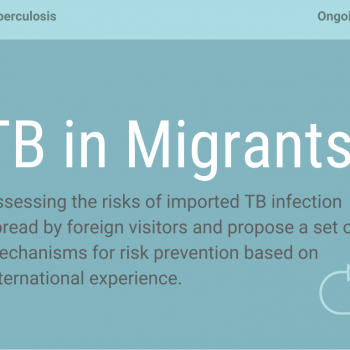
TB in Migrants
The 12-month duration project aims to assess the risks of imported TB infection spread by foreign visitors and propose a set of mechanisms for risk prevention based on international experience
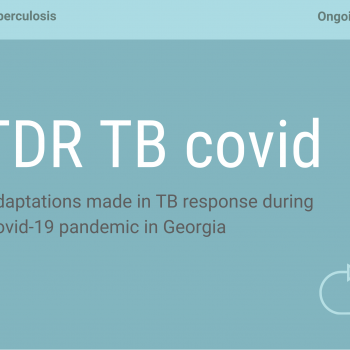
TDR TB covid
TB response during Covid-19
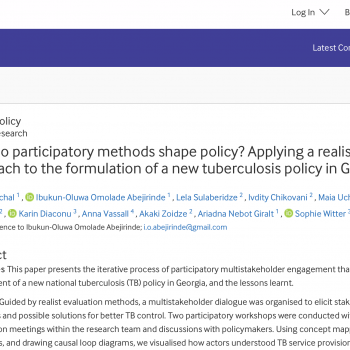
Article: How do participatory methods shape policy? Applying a realist approach to the formulation of a new tuberculosis policy in Georgia
The paper presents the iterative process of participatory multistakeholder engagement that informed the development of a new national tuberculosis (TB) policy in Georgia, and the lessons learned.
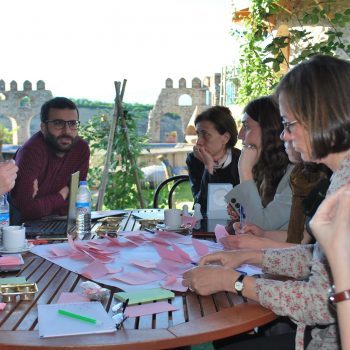
Doing embedded development and research – reflections on the start of the Results4TB programme
Georgia has a high overall tuberculosis treatment success rate, but with wide geographical variation, and a high loss to follow up. Treatment success rate of drug-sensitive patients varies from 50% to 100%. Even more worrying has been the relatively low treatment success rates for multi-drug resistant TB patients, at around 56%.
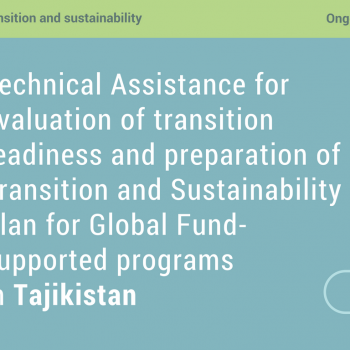
Technical Assistance for evaluation of transition readiness and preparation of Transition and Sustainability Plan for Global Fund-supported programs in Tajikistan
In June 2018 CIF initiated a new project with the financial support of The Global Fund. The overall goal of the CIF assignment is to support the Country Coordination Mechanism of Tajikistan (CCM) in assessing country preparedness for Transition and developing the Transition and Sustainability Plan based on this assessment and key steps identified.
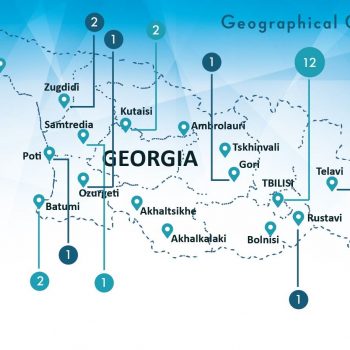
Closing Project: Tuberculosis Community Systems Strengthening in Georgia
The Curatio International Foundation has fulfilled a Tuberculosis Community Systems Strengthening (TBCSS) Project in Georgia, funded by the Stop TB partnership in the frame of Challenge Facility for Civil Society (CFCS) round 7 program. The goal for the project was to strengthen community response that is integrated and part of a comprehensive response to TB in Georgia.
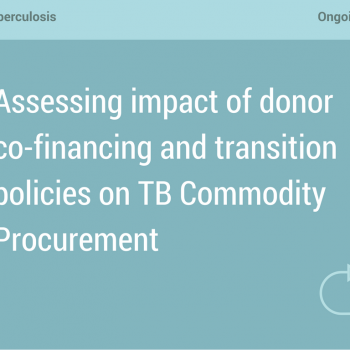
Assessing impact of donor co-financing and transition policies on TB Commodity Procurement
The assignment will last 10 months and aims to assess positive and negative implications of The Global Fund’s (TGF) Sustainability, Transition and Co-Financing Policy (STCP) that may have on TB commodity procurement practices on a country level in EECA region.
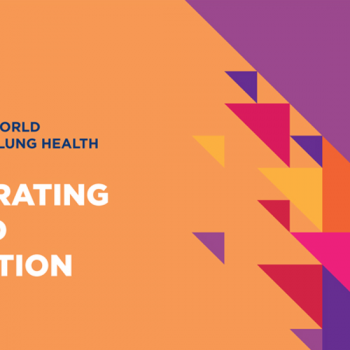
Conference paper: The Study of Barriers and Facilitators to Adherence to Treatment among Drug Resistant Tuberculosis Patients in Georgia to Inform Policy Decision
The study outlines different health system factors as long as some social and economic elements influencing the adherence behavior to TB treatment among MDR-TB patients in Georgia. The study concludes that factors are closely interlinked and self-reinforcing.
